a-) IVF, ICSI
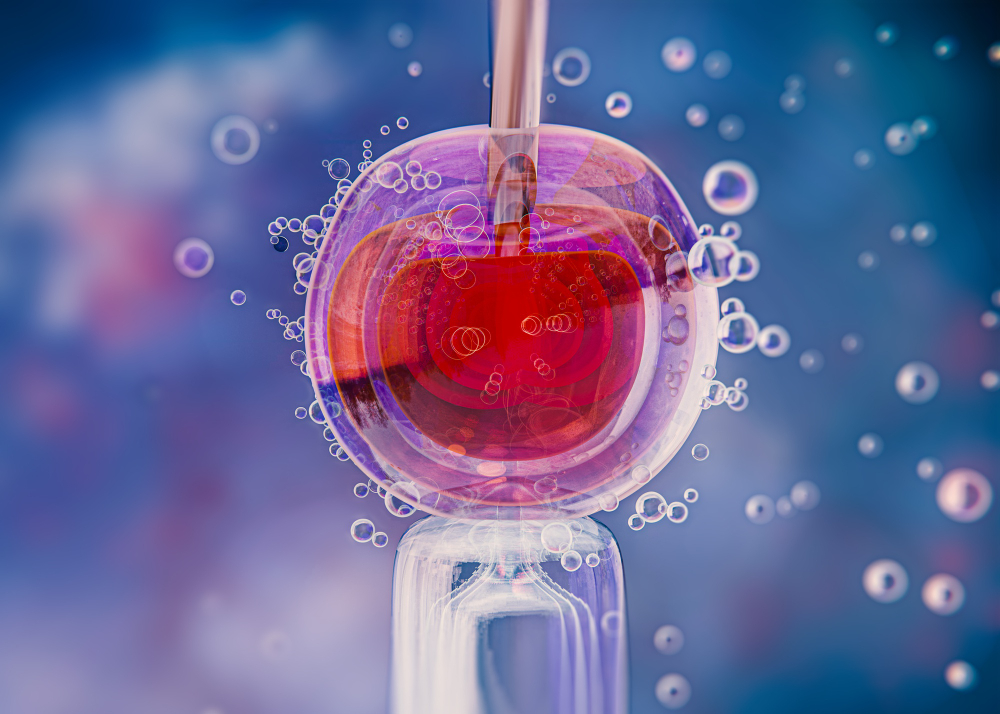
IVF (in vitro fertilization) is a type of fertility treatment. The eggs are combined with sperm outside of your body in a laboratory environment.. IVF involves retrieving eggs from ovaries and manually combining them with sperm in a lab for fertilization. Several days after fertilization, the fertilized egg which is an embryo is placed inside a uterus. Pregnancy occurs when this embryo reproduces itself into the uterine wall.
People who have nfertility issues or when one partner has an existing health condition. Some women at advanced maternal ages prefer to try IVF after other fertility methods IVF is also a reproductive option for homosexuel couples or people who wish to have a baby without a partner.
Candidates for IVF are ; 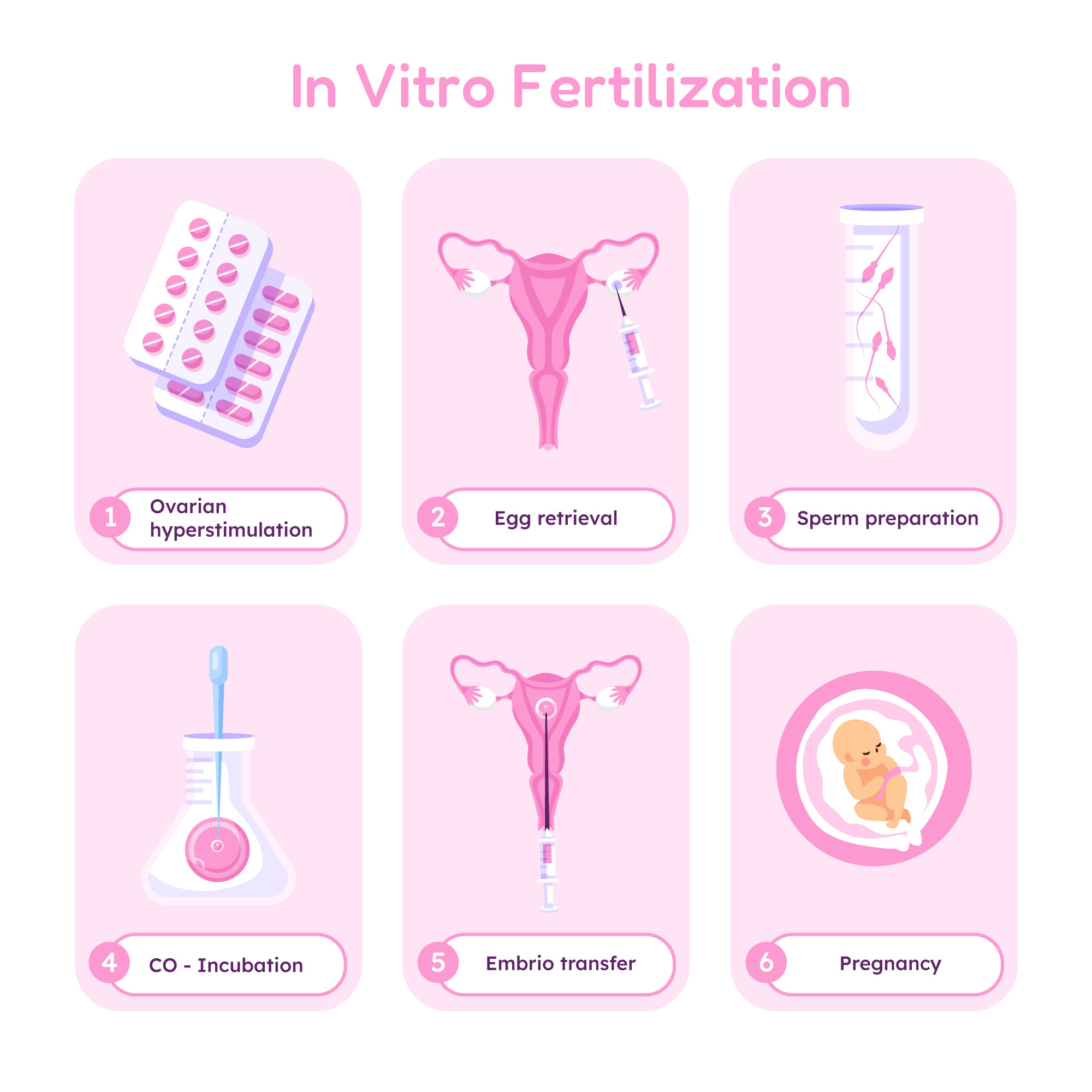
Women with stuck or damaged fallopian tubes.
Women who have Endometriosis.
Men with low sperm count or other sperm impairments.
Women with polycystic ovary syndrome (PCOS) or other ovarian conditions.
Women uterine fibroids.
People who have a risk of passing on a genetic disease or disorder.
Unexplained infertility cases.
People who use an egg donor, sperm donor, or gestational surrogate.
ICSI The fertilization outside the human body like IVF , injecting a single sperm into the ovum directly. It is assisted reproductive technology. Beginning with ovarian stimulation and ovum retrieval then selecting the best sperm and ovum to combine outside the human body. After that, it is the embryo culture process. Once the embryo is ready to grow up, it will be transferred to the uterine cavity to implant and develop to be the fetus inside the womb.
ICSI is a better treatment if the infertility is caused by sperm-related infertility, caused by men. Thus ICSI is the most common and successful treatment for male infertility, as the sperm is given extra assistance. It may recommend ICSI if the male has:
a low sperm count
an abnormal sperm shape or motility, or
the sperm to be collected surgically (for example, if you have had a vasectomy)
If you are a married couple we do IVF and ICSI treatment at our Istanbul clinic if you are an unmarried couple treatment is performed at or Northern Cyprus clinic due to legal barriers in Turkey
b-) Gender Selection (Sex Selection) PGS/NGS

During IVF or ICSI it can be selected sex of an embryo before transferring it to the uterus is a controversial practice. By usage of preimplantation genetic testing for aneuploidy (PGT-A) is led to an increase in the percentage of cycles in which the sex of the embryo is knowable before transfer. Couples may want sex selection for medical or non-medical reasons.
Sex selection for medical reasons is used to prevent the birth of a child with a serious genetic disorder. Medical indications include:
To prevent the transmission of sex-linked genetic disorders such as hemophilia A/B, Lesch-Nyhan syndrome, Duchenne-Becker muscular dystrophy, Hunter syndrome, and others.
Reduce the chances of having a child affected by a genetic disorder with unbalanced sexual incidence (eg, fragile X syndrome, autism). Parents who carry one of these genetic diseases may choose to have babies of the gender associated with a less chance form of the disease.
Reduce the transmission of the disease to a third generation (transgenerational), thus avoiding a high genetic risk for future healthy children such as the transmission of mitochondrial DNA (mtDNA) disorders.
Egg collection process starts on 2 nd day of the menstruation period of the mother under local anesthesia. It is painless and takes only 30 minutes.ICSI starts with microinjection after 8-12 days of collection when the eggs become the required sizes.By fertilization egg and sperm in the laboratory it is obtained 8-cell embryo and placed in the mother`s uterus or kept frozen as cro-frozen for future use.
Due to legal barriers in Turkey, we give gender selection services in our Northern Cyprus clinic.
c-) Egg freezing and keeping
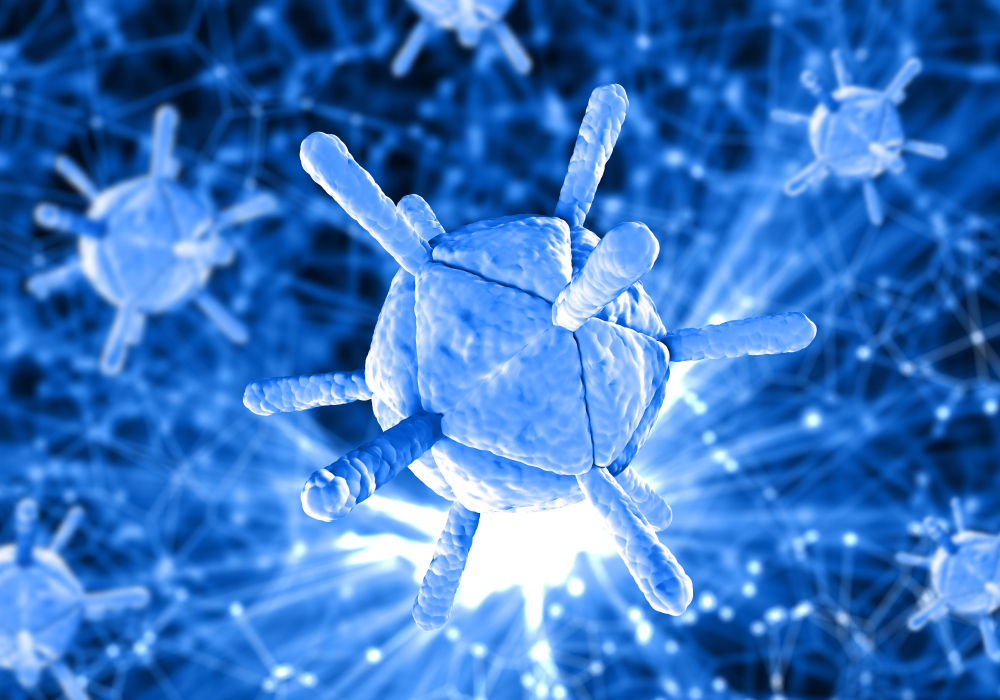
Egg freezing allows women to preserve fertility even at over maternal ages. With oocyte vitrification or egg freezing techniques, the oocytes are obtained at the best moment of the woman`s fertility and stored for future use so, women can keep their fertility until the moment they want to be mothers. It is suggested to freeze oocytes before 35 years old.
Over time, a woman`s fertility considerably reduces due to the aging of the ovaries. Even if they can get pregnant there is less chance having of a healthy baby.
The number of oocytes in a newborn girl gradually decreases over time also quality gets worse over the years Usually the 40-year-old woman is not able to have a healthy child, since age entails alterations in the process of formation of the same that cause chromosomal abnormalities.
The oocyte vitrification process lasts about 2 weeks during the menstruation period. For the preparation, the patient is applied punctured medication for 10 to 12 days to stimulate ovulation. During this process, control ultrasounds are performed until the follicular size is ideal. At this point, we proceed to transvaginal puncture of both ovaries in the operating room with the patient sedated. The oocytes obtained are then vitrified in the IVF laboratory under local anesthesia it takes about 20-30 min.
Collecting eggs( oocytes ) are stored in a nitrogen tank in IVF laboratory. The temperature of store machines is automatically controlled. Frozen oocytes can be kept up to 55 years. The procedure is legal in Turkey so it is performed at our Istanbul clinic.
d-) Embryo Donation
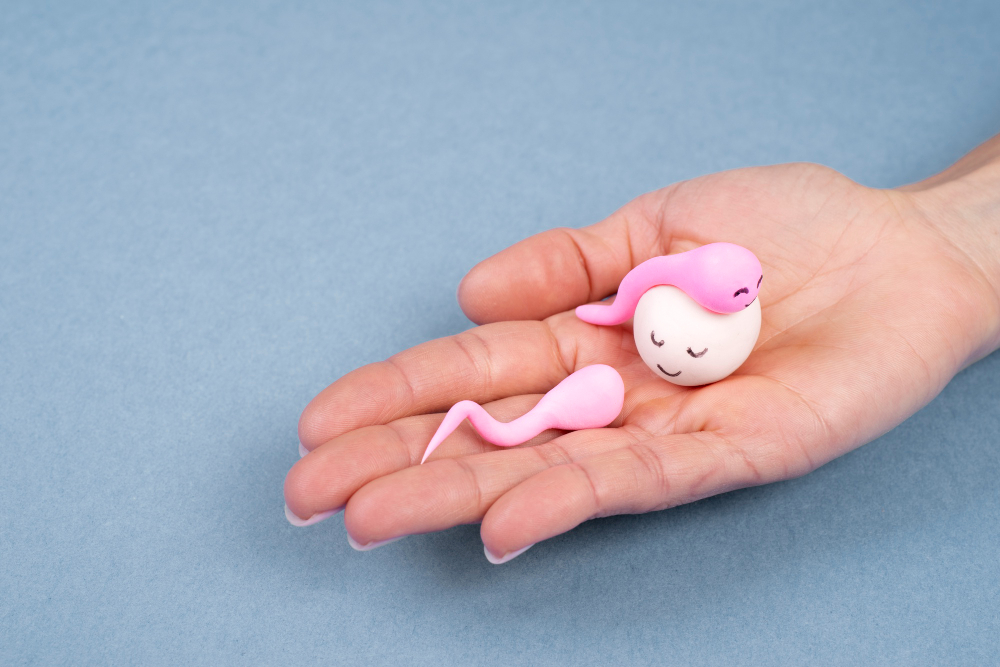
Embryo donation is the procedure of thawing and transferring embryos from couples who are under reproductive treatments to the uterus of the recipient woman by donating them for reproductive purposes.
Generally, couples or patients who want to have embryo donation treatment are those who cannot use their eggs or sperm to achieve a pregnancy. Usually, women whose has low oocyte reserve with age or lost fertility by some diseases like cancer are a candidate for embryo donation. In most cases, patients have had several cycles with their gametes and have not achieved pregnancy. Men who have the absence of spermatozoa, very severe alterations in the semonogram, or the detection of embryonic problems that point to a male factor are candidates for embryo donation.
This treatment is also used by patients with genetic diseases that could be transmitted to the baby, elderly women without a male partner or patients with failure of other assisted reproduction techniques such as in vitro fertilization (IVF) or egg donation.
The embryos come from couples who underwent in vitro fertilization (IVF) treatment, got pregnant and, having frozen embryos, have decided not to have more children. A large percentage of these embryos usually come from egg donation cycles, since the embryonic quality is better in these cycles and, therefore, the probability of pregnancy and freezing embryos is greater.
Donors must comply with the same premises as a gamete donor. Donor`s age must be less than 36 years for women and 50 for men, there must be no infectious or genetic disease in them, nor hereditary in the family.
The embryos is chosen by our reproduction clinic. Donors must be compatible with recipients in terms of race, height, blood group, and Rh. We also take into account the rest of the phenotypic characteristics when they are known, to try to achieve the maximum physical similarity between the future child and her parents.
Due to legal barriers in Turkey, we give embryo donation ervices in our Northern Cyprus clinic.
e-)Egg Donation
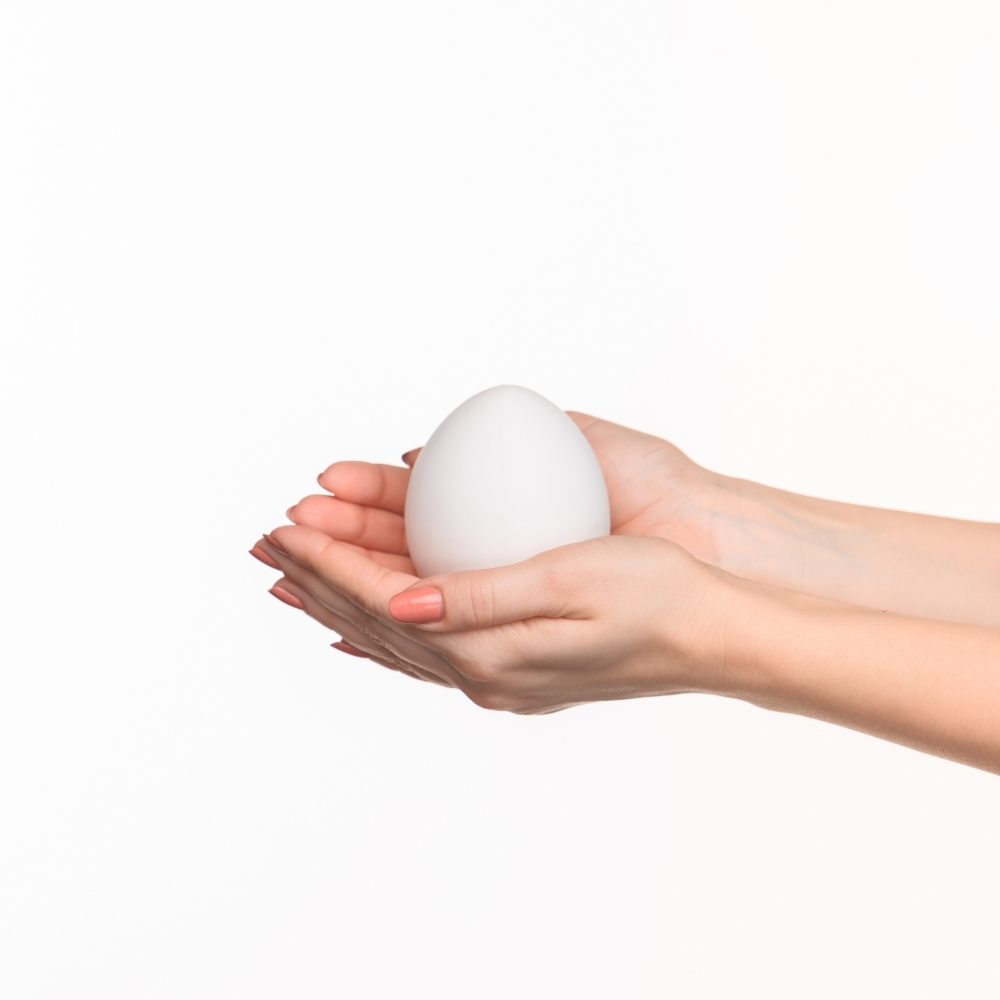
Women with menopause, after having suffered the removal of their ovaries due to diseases such as cancer or other benign diseases such as cysts or endometriosis prefer egg donation. For those who are at risk of transmitting genetic diseases to their offspring and older couples adversity has led to losing a child and think that it is not too late to become parents again egg donation is a very good alternative to having baby.
For women over forty years old, egg donation is the most successful assisted reproduction technique. Also, they have the risk of chromosomal alterations rising. In all these situations, receiving donated oocytes is the only way to become a mother. Our egg donors are chosen precisely from age between 18 and 32 years old and measure more than 1.55 m. BMI (body mass index) between 19.5-25 pass a psychological evaluation favorably, have a negative family history for genetically transmitted diseases, enjoy good general health, have a negative study for more frequent sexually transmitted diseases (AIDS , Hepatitis B and C, syphilis…) and pass a study of hereditary diseases. We will do different tests to confirm that everything is fine, they are done in about an hour and we have the results in a month, after which you would enter the donation program.
Due to legal barriers in Turkey, we give egg donation service in our Northern Cyprus clinic.
f-) Sperm Donation
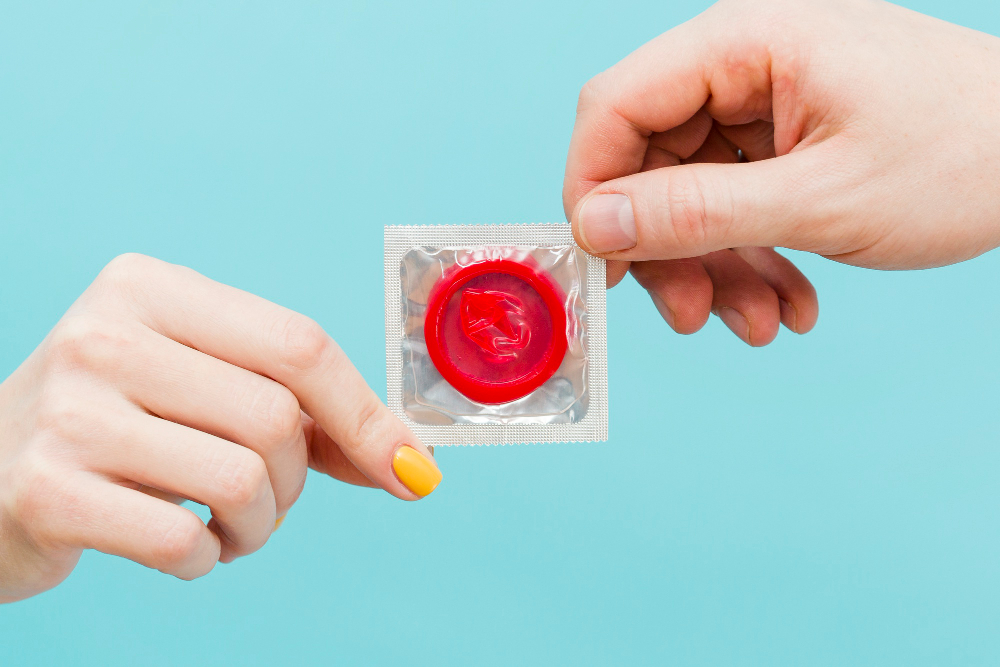
Who needs donated sperm?
Male infertility: Men with low or even very low sperm counts, or produce no viable sperm at all. Some men have recently undergone treatment for cancer which may have damaged their sperm and their fertility. Some may have been born without male reproductive organs. Others live with autoimmune conditions which can affect the function of their reproductive system. Using a sperm
donor can often provide a very successful result for all of these patients.
Genetic diseases and conditions: Men who carry of or at risk for potentially dangerous genetic diseases may choose to use a sperm donor to avoid passing the condition to children.
Lesbian couples: Female homosexual partners often use sperm donors to become parents. There are several fertility options available for LGBT couples. IUI is the most common but reciprocal IVF (where one partner provides the egg and the other partner carries the pregnancy) is a beautiful alternative that is becoming more popular.
Single women: Single women without a partner but who want to become mothers can use sperm donation to have children on their terms. An anonymous sperm donor provides a clear path to parenthood without legal, personal, or custody complications. For young women with no fertility challenges, IUI can be quite effective. IVF is also common, and it provides the added benefit that any extra embryos can be frozen for later use, with very high success rates.
Our sperm bank in Northern Cyprus is certified by European Sperm Bank and follows the same donor criteria, donors are selected after screening consists of questionnaires, blood screening, specimen screening, genetic analysis and a physical evaluation. All donors must have ABO-Rh blood group type.and is examined for cystic fibrosis checking nd diseases like HIV, Hepatitis B, and Hepatitis C (and others).It is also checked sperm count, mobility and morpholog.An extensive family history extensively .(spanning in some cases, three generations), is taken and evaluated.
h-) Surrogacy

Surrogacy is, as defined by the WHO, an assisted reproduction technique, which occurs when a woman carries the pregnancy and gives birth to a baby that, genetically and legally, belongs to other parents. When women have some difficulties carrying the baby like having cancer treatment, uterus problems, miscarriage, or congenital abnormality they may apply for a surrogacy procedure
Surrogacy can be performed in two ways:
Traditional – The surrogate mother also provides her egg, but the sperm comes from the genetic father requesting the surrogate mother or from a donor. The baby is conceived through artificial insemination ICSI or in vitro fertilization IVF.
Gestational – When the egg and sperm are provided by the couple requesting surrogacy. In this case, the pregnant woman has no genetic relationship to the baby, and she is known as a carrier or surrogate mother. This pregnancy is achieved through in vitro fertilization IVF
It can also be divided into two types according to the finances involved:
Altruistic – When the surrogate mother carries the pregnancy without profit, without remuneration or payment for her services. The biological parents are responsible for all medical and legal expenses, and compensation is possible for other aspects that affect the well-being of the pregnancy and the surrogate mother, such as psychological care and food, or maternity clothing.
Lucrative – When the surrogate mother offers to carry the pregnancy in exchange for a sum of money. In this case, the mothers usually work through an agency specializing in surrogacy. The amount to be received varies according to the negotiated contract, and usually includes additional payments for multiple and high-risk pregnancies. Each country has its own legal contracts and laws for a surrogacy procedure. Surrogate mothers are chosen according to spciefic criteria like age, physical and mentalhealth records, and genetic history.
Due to legal barriers in Turkey, we give surrogacy service in our Northern Cyprus clinic